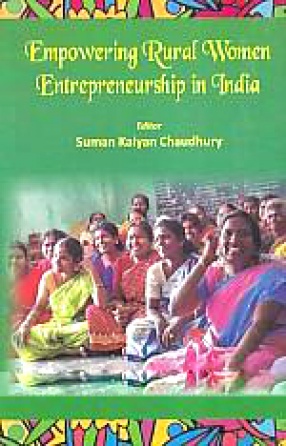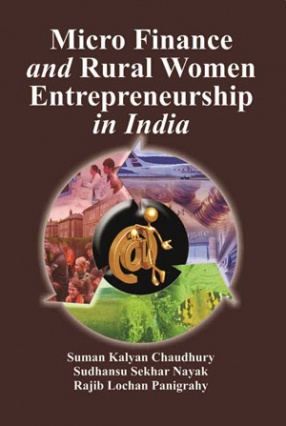India is one of the world?s fastest growing economies, with women mainly from the middle class increasingly entering the workforce. Urban centres like Delhi and Bangalore have seen an influx of young women from semi-urban and rural parts of the country, living alone and redefining themselves. However, the story of economic empowerment for women is not a singular narrative; rather it is located in a complex set of caste, class, religious, and ethnic identities. Women?s empowerment in India is heavily dependent on many different variables that include geographical location (urban/rural), educational status, social status (caste and class), and age. Policies on women?s empowerment exist at the national, state, and local (Panchayat) levels in many sectors, including health, education, economic opportunities, gender-based violence, and political participation. However, there are significant gaps between policy advancements and actual practice at the community level. The Indian economy has been witnessing a drastic change since mid -1991, with new policies of economic liberalization, globalization and privatization initiated by the Indian government. India has great entrepreneurial potential. At present, women involvement in economic activities is marked by a low work participation rate, excessive concentration in the unorganized sector and employment in less skilled jobs. Any strategy aimed at economic development will be lop-sided without involving women who constitute half of the world population. Evidence has unequivocally established that entrepreneurial spirit is not a male prerogative. Women entrepreneurship has gained momentum in the last three decades with the increase in the number of women enterprises and their substantive contribution to economic growth. Discrimination also limits women?s choices and freedom. These choices are further dependent on structural factors like caste and class. Women Entrepreneur has been recognized during the last couple of decades as an important untapped source of economic growth. The challenges and opportunities provided to the women of digital era are growing rapidly as the job seekers are turning into job creators. They are flourishing as designers, interior decorators, exporters, publishers, garment manufacturers and still exploring new avenues of economic participation. Indian women business owners are changing the face of businesses of today, both literally and figuratively. Growth and development of the rural sector, especially in developing countries has become a global concern. The rural sector is faced with several issues and problems that demand immediate action. Over the last few years, formulation & execution of rural development strategies have been one of the abiding concerns for planners & various development committees. Women are almost one of half of the world?s population having enormous potential but being underutilized or unutilized for the economic development of the nation. Majority of women do not undertake entrepreneurial ventures. There is a need to strength and streamline the role of women in the development of various sectors by harnessing their power towards nation building and to attain accelerated economic growth process. Higher economic growth can be recorded by providing employment opportunities by utilizing the available resources of that area. Information gap largely affects women?s development. Therefore, the Non-Governmental Organizations (NGOS) & other associations can take initiatives to make women aware and motivate them towards self employment. At the same time, individual women should also come forward to take advantage and risks in entrepreneurial sector. In rural India, women?s economic opportunities remain restricted by social, cultural, and religious barriers. Most notably inheritance laws embedded in Hindu and Shariat civil codes continue to marginalize women in the household and the larger community. Rural women, particularly of lower caste and class, have the lowest literacy rates, and therefore do not have the capacity to negotiate pay or contracts and most often engage in the unorganized sector, self-employment, or in small scale industry. This book highlights issues and challenges and an attempt has been made to explain the evolution of women entrepreneurship and the challenges in the face of emerging paradigms. It is hoped that the book will be use to researchers, NGOs, MFIs, Governments, Banks and Educators.
Empowering Rural Women Entrepreneurship in India
In stock
Free & Quick Delivery Worldwide
reviews
Bibliographic information
Title
Empowering Rural Women Entrepreneurship in India
Author
Edition
1st.ed.
Publisher
S.K. Book Agency, 2013
ISBN
9788192563657
Length
xii+259p., Illustrations; 22cm.
Subjects








There are no reviews yet.